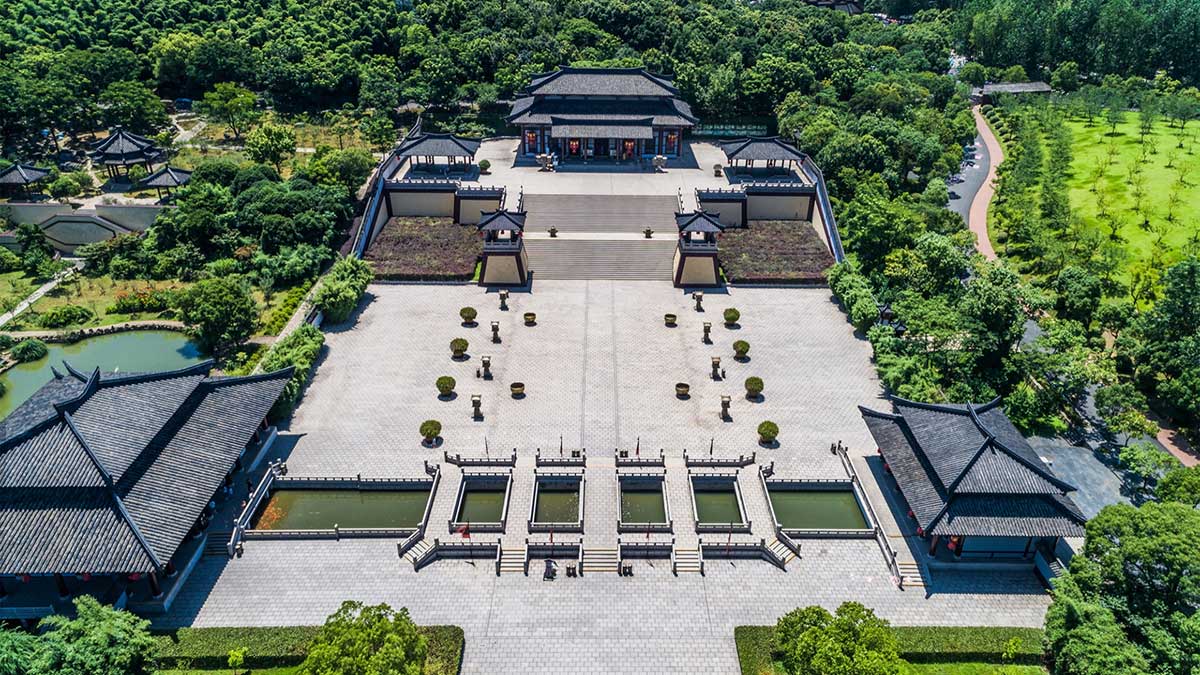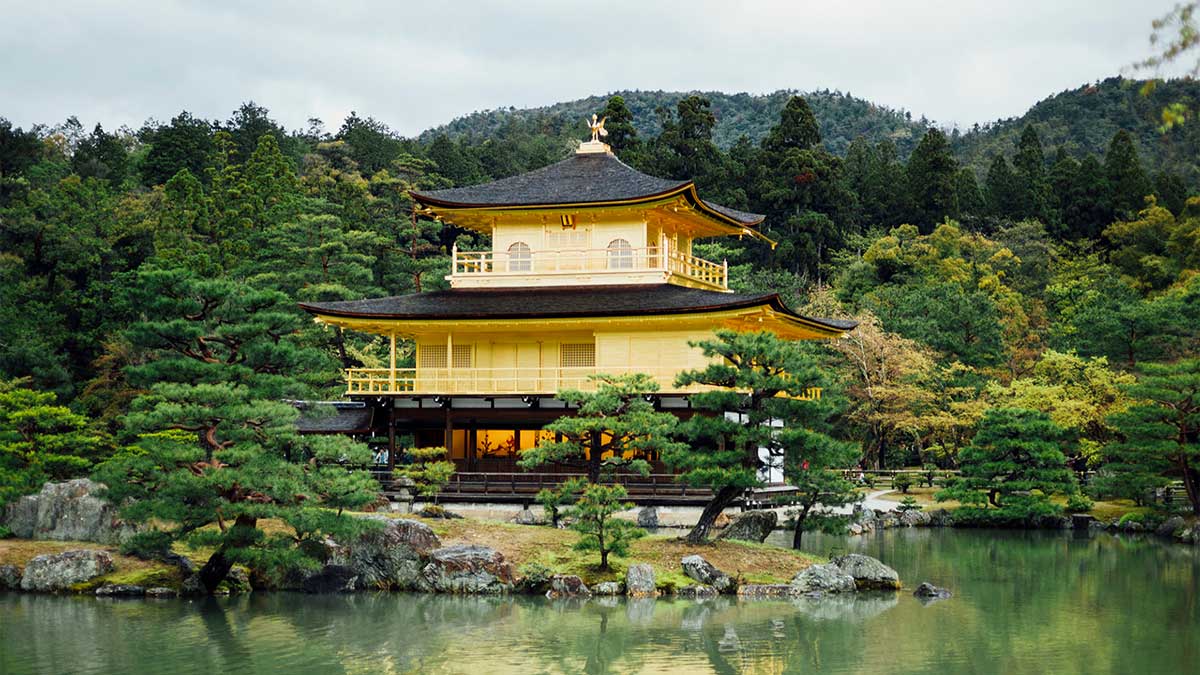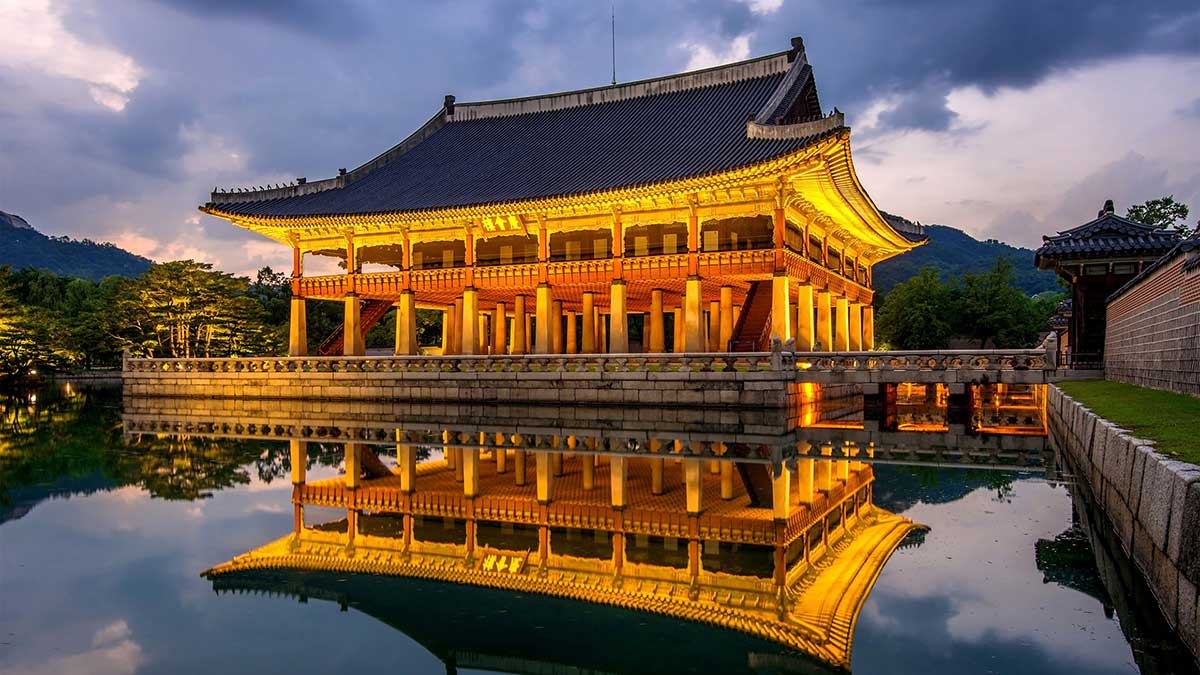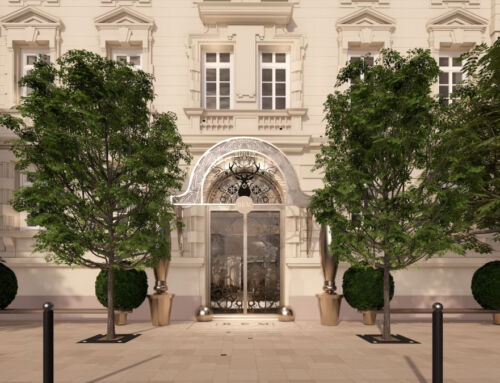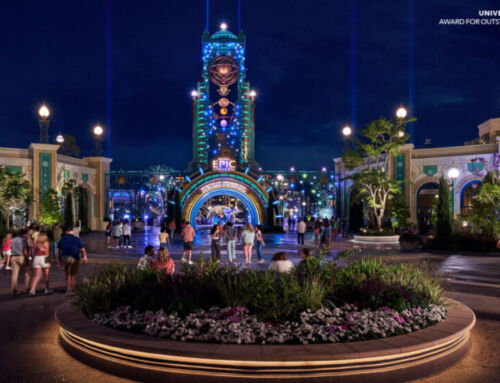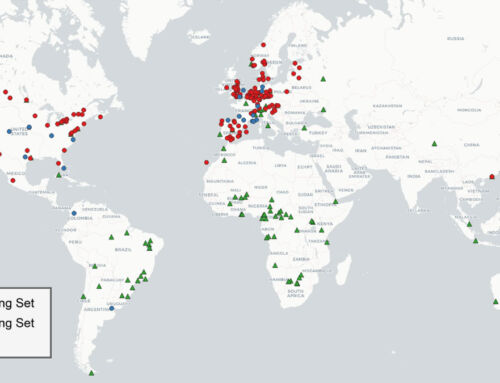Feng shui (literally ‘wind and water’ in Chinese) is an ancient practice rooted in the Chinese Taoist philosophical and spiritual tradition, oriented towards the conscious and harmonious occupation of space, in order to achieve a positive influence on the people who occupy it. Based on knowledge from various disciplines such as geology, astronomy, meteorology, biology and geometry, it is used in various fields of architecture in China. Residential architecture, but also commercial architecture or architecture for leisure and tourism, apply the principles of feng shui. It has also been adopted in other countries, mainly in East Asia.
The main objective of feng shui is to improve vital energy, known as ‘Qi’. According to the practice, the layout and design of buildings influences Qi and therefore the health, prosperity and well-being of their occupants. The following are some of the positive factors that feng shui determines to improve Qi in residential architecture:
-The presence of water and mountains in the environment, elements considered as the origin of life, favours positive energy. The most favourable layout is the one with water in front and mountains behind.
–South orientation offers greater light and a warmer temperature in winter, both very positive aspects in architecture to favour vital energy.
–Balanced geometries, without empty spaces, and dimensions that facilitate daily use, prevent energy from stagnating or, worse, escaping.
With regard to the architecture of leisure and tourism and commercial spaces, on the other hand, feng shui establishes the following principles:
-The choice of location, with all four sides well connected, and an unobstructed interior layout, play a crucial role in attracting and concentrating Qi.
–Indoors, linear vertical elements should be avoided; non-linear forms are preferable to conserve energy. On the other hand, warm lighting is associated with earth and life, and is appropriate for places of rest and relaxation. In contrast, cold light is associated with metal and prosperity.
Although many feng shui practices have not been scientifically verified, they share with Western architecture the general goal of harmonising with the environment and improving the well-being of the occupants. In fact, many of these practices are rationally applied in the designs it produces.
By Tianshu Liu, Senior Architect in Amusement Logic’s Architecture Dept.


